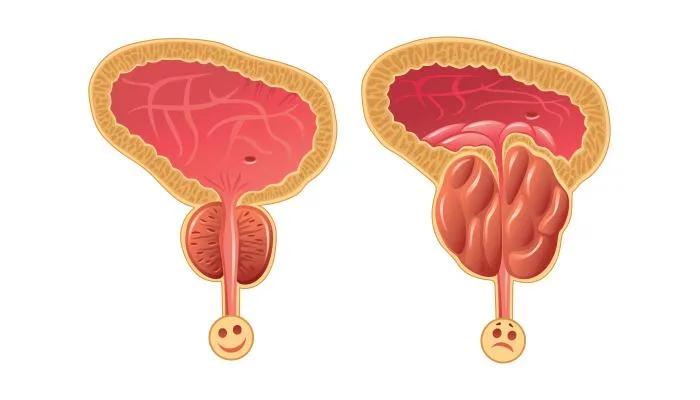
If you’re at the beginning of your journey with prostatitis — or deep in it and losing hope — this article is for you.
It’s written not as a clinical guide, but as a personal letter. A reflection from the other side of pain, frustration, and confusion. The kind of message many men wish they’d heard years earlier.
1. You’re Not Crazy
That pressure you feel?
The burning?
The discomfort after sitting?
The sudden need to urinate?
The sexual disconnection?
It’s real. And it’s not “all in your head.”
Many men — including doctors — experience it. It’s just that few talk about it.
You’re not weak. You’re not imagining it. You’re dealing with something complex, misunderstood, and invisible. But it’s real.
2. There Is No Quick Fix — But There Is a Way Forward
If you’re chasing the one pill, the one supplement, the one stretch that will cure everything — take a breath.
For most men, healing comes slowly, through layers of change:
Calming the nervous system
Reducing inflammation
Releasing pelvic tension
Restoring self-trust
Processing emotional weight
The path isn’t linear. But it moves.
3. Most Doctors Don’t Understand It Fully — and That’s Okay
You might have to become your own advocate. That doesn’t mean being alone — it means learning, asking, tracking, adjusting.
The best results often come from:
A urologist who listens
A pelvic floor therapist
A primary doctor who supports your whole health
A mental health professional who sees the full picture
Assembling your team is part of recovery.
4. Your Relationships Matter More Than You Think
You may feel like hiding. But connection — even imperfect — heals.
Let someone in. Let them know how you feel. You don’t need to have the answers. You just need to stay human.
5. You Will Become Stronger
Not in the way you imagined.
Not in the gym.
Not in performance.
But in patience.
In empathy.
In your ability to sit with discomfort — and still show up for your life.
You’re not just surviving.
You’re transforming.
Final Note
If I could go back and say one thing to myself on day one, it would be this:
“You’re going to be okay. It will take time. It won’t be perfect. But you’ll get pieces of yourself back — and then more. And one day, you’ll help someone else do the same.”
Hold on.
You’re not finished yet.
